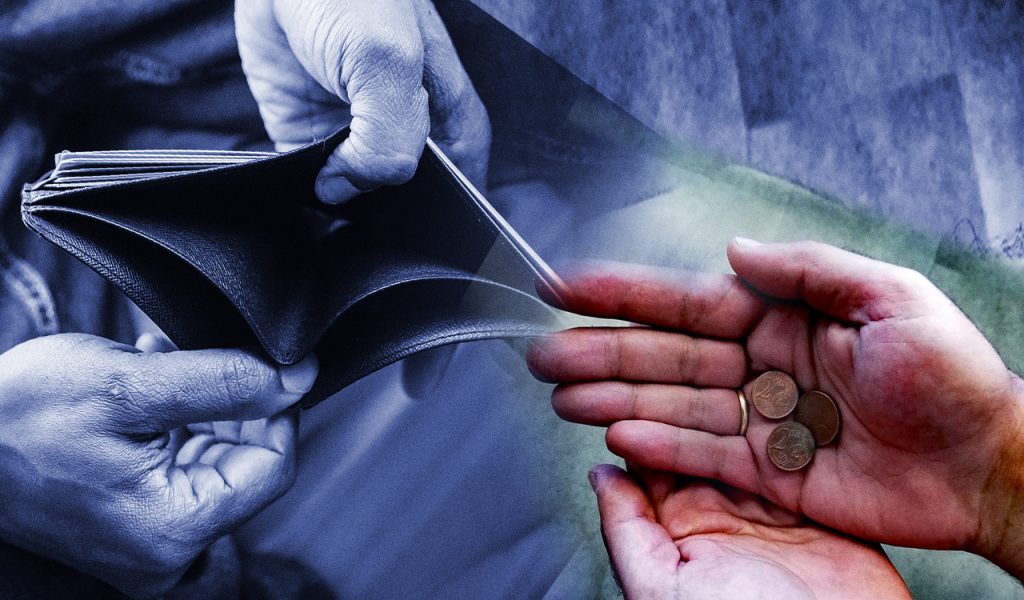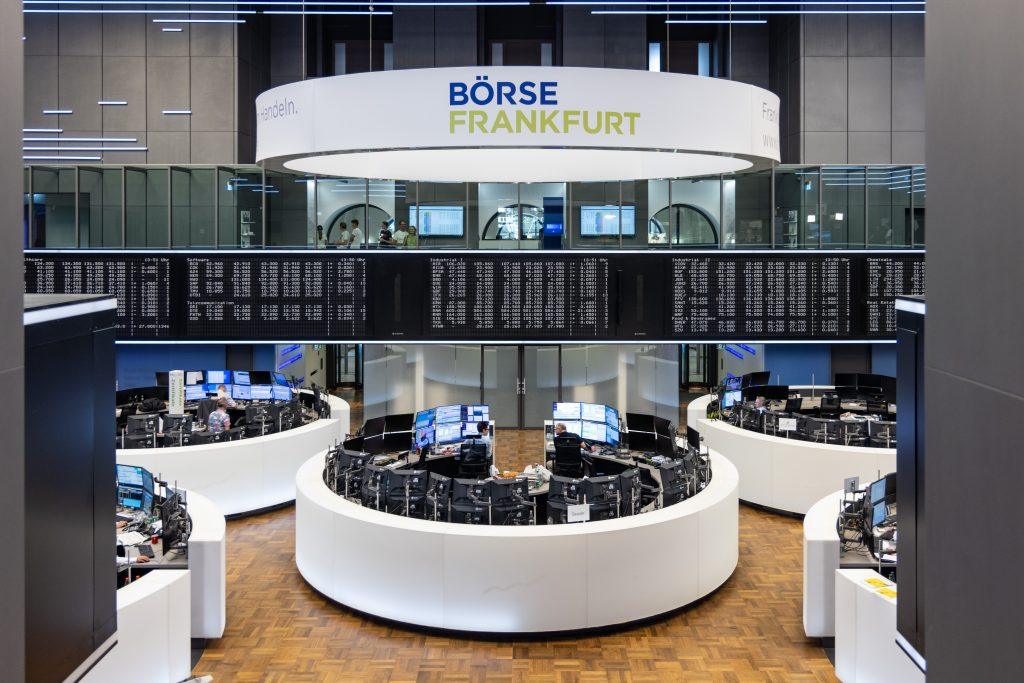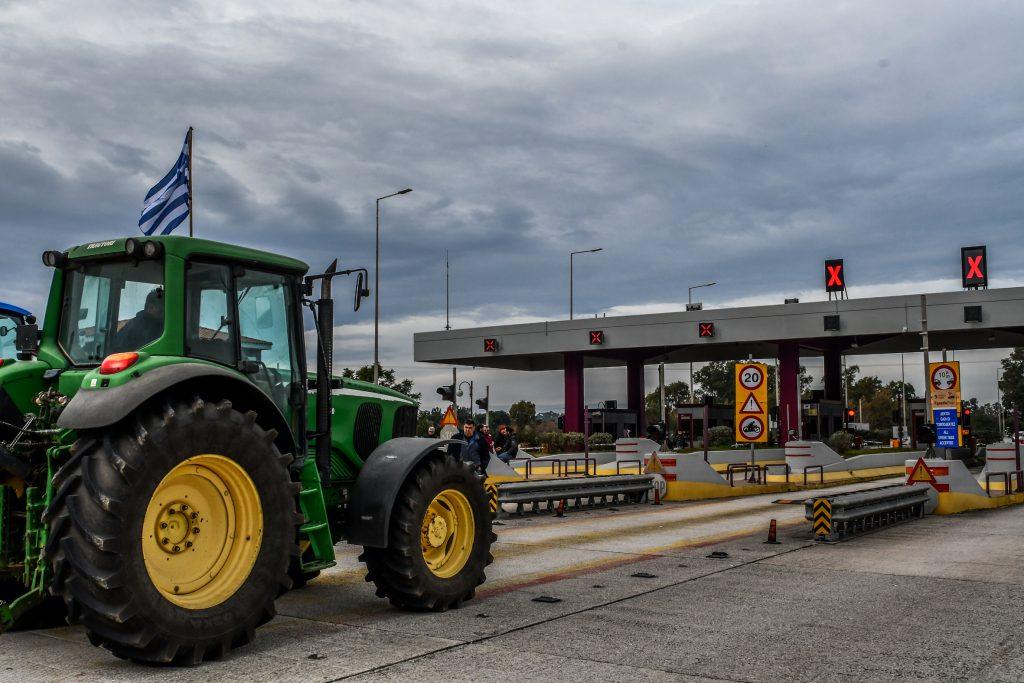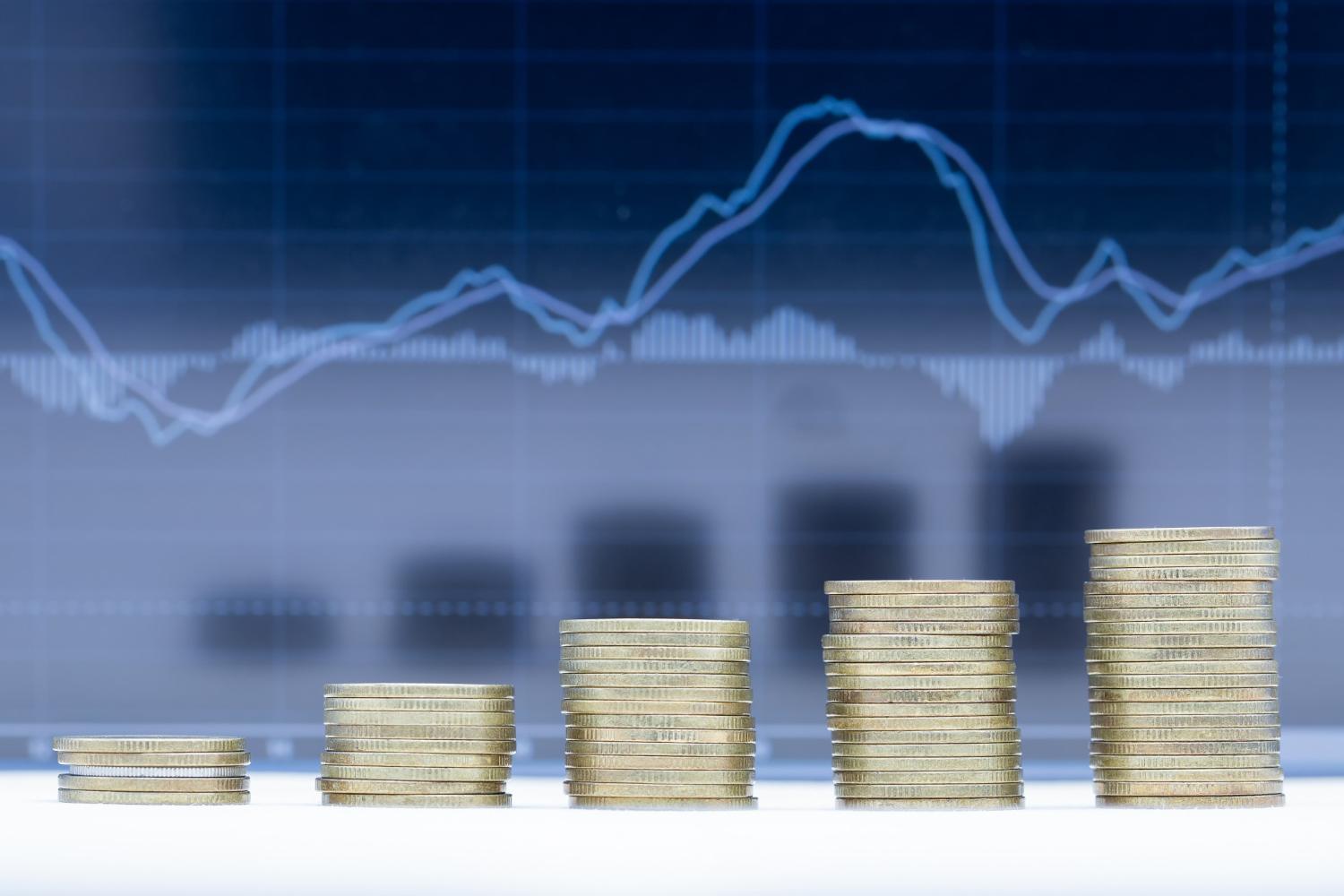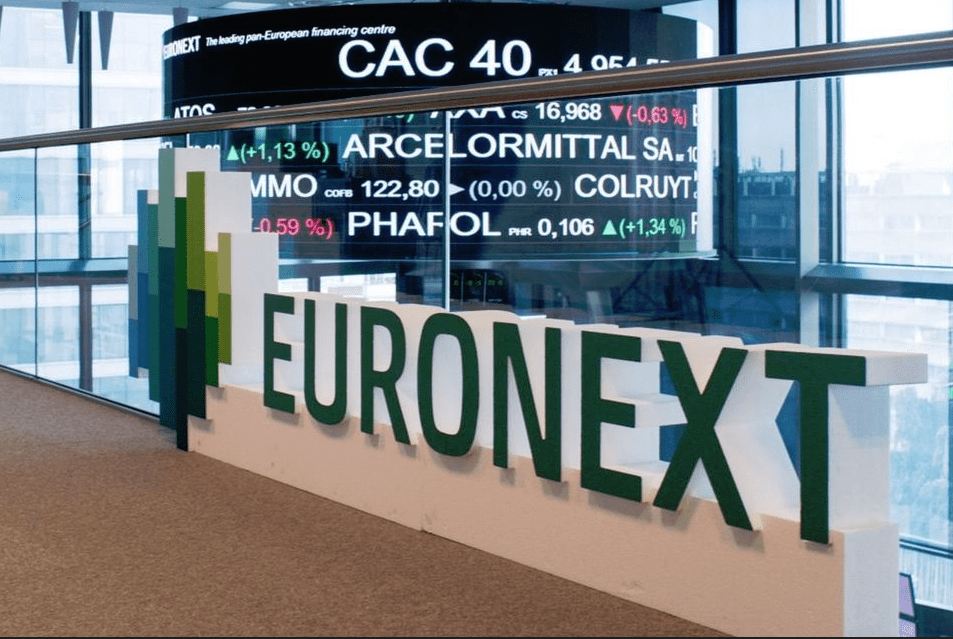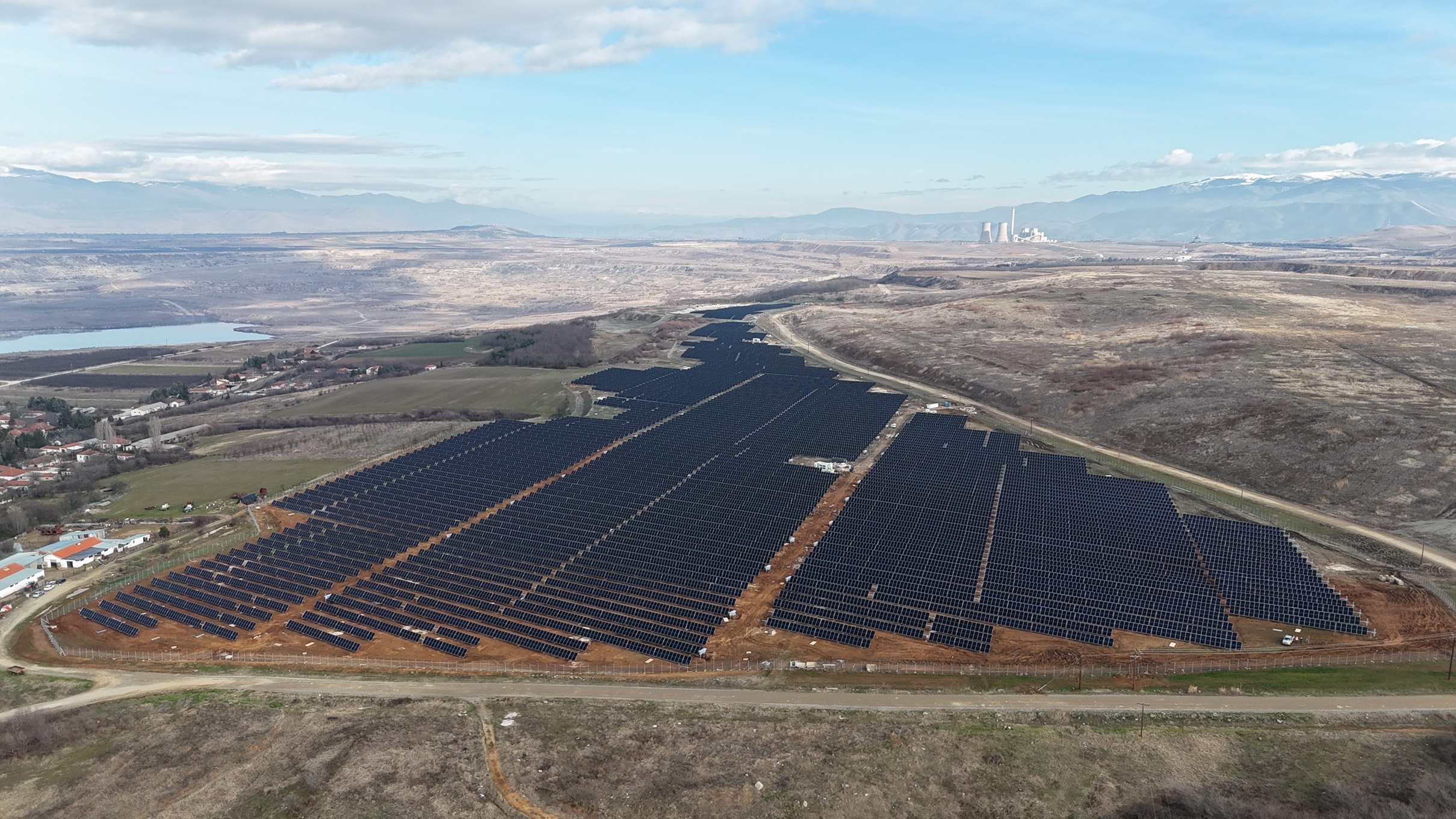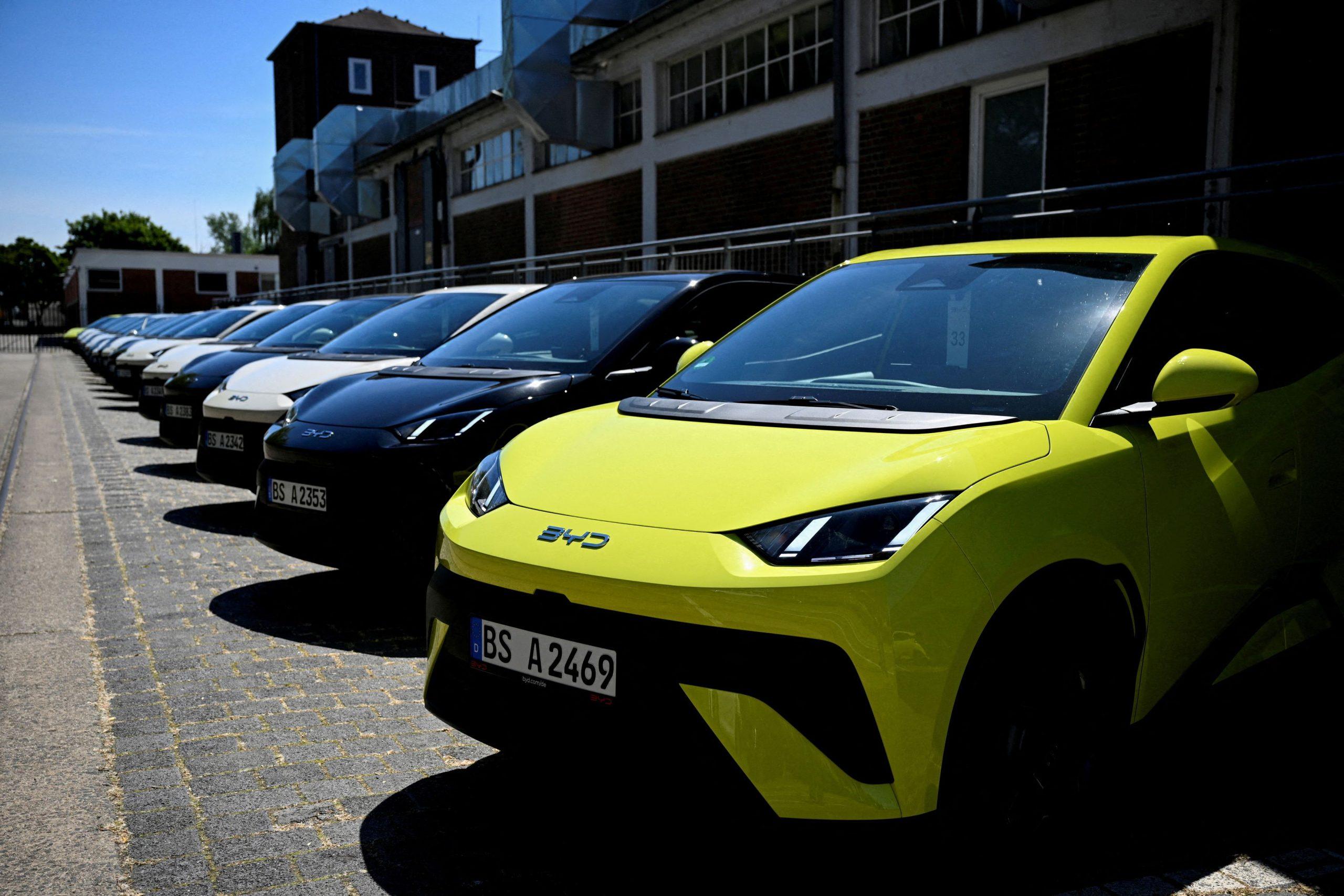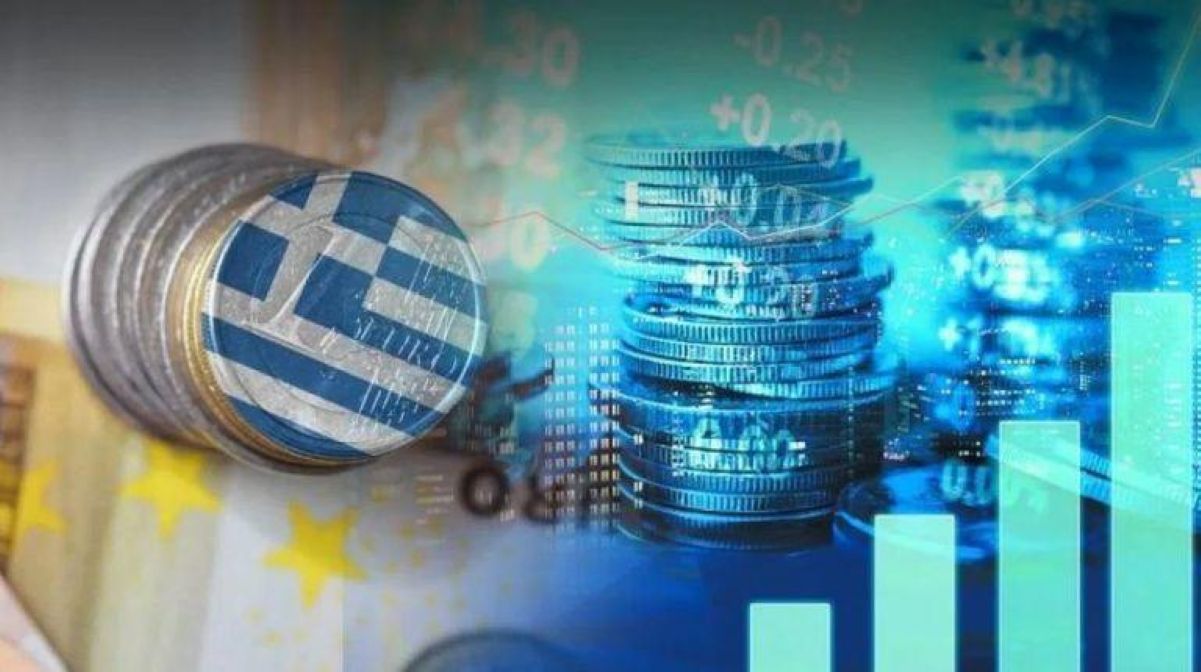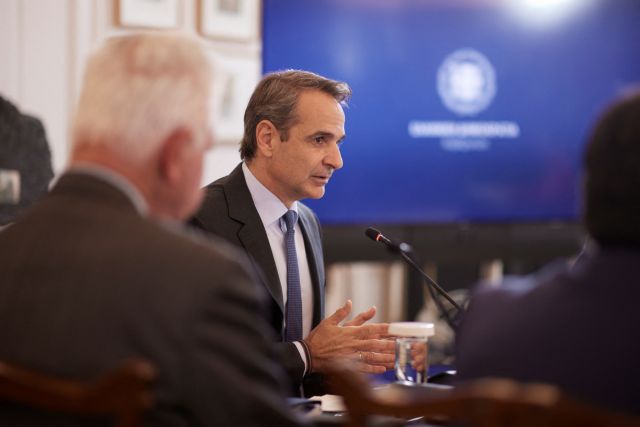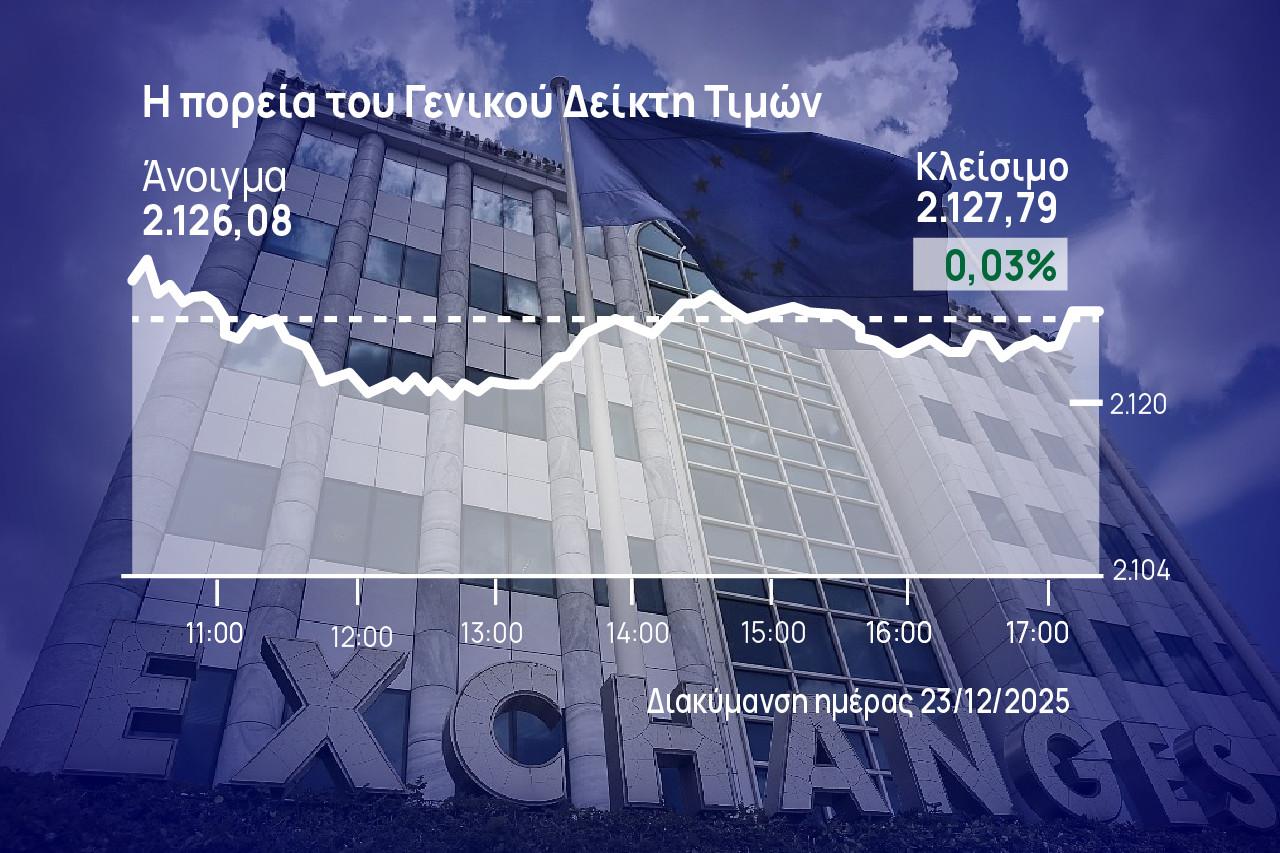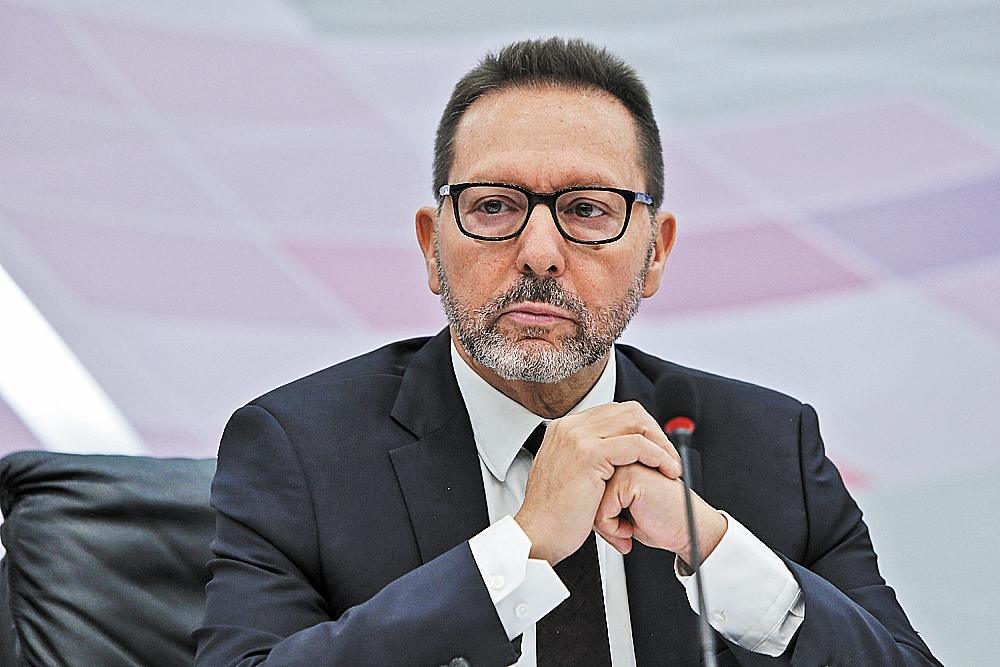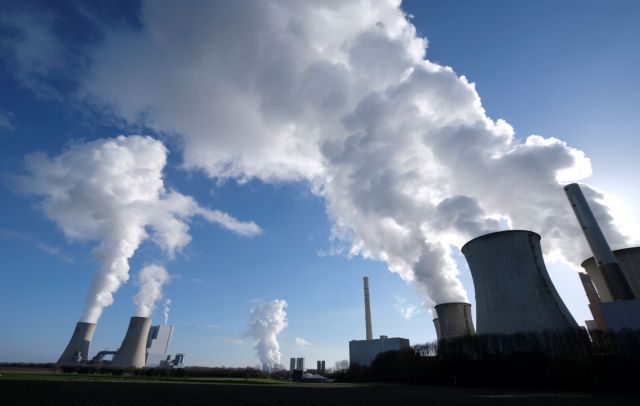The threat of poverty in Greece is on the rise, while the gap between rich and poor continuing to widen, according to figures based on a study conducted last year – based on declared incomes and questionaires – by the country’s statistical authority.
The apparent rise in inequality is attributed to soaring prices that are taking a bigger “bite” out of households’ disposable income, compounded by what critics, at least, claim are insufficient welfare measures and subsidies extended by the Greek government in the wake of the pandemic’s end.
Data from country’s statistical authority (EL.STAT), released on Friday, reveal the extent of the risk of poverty in the country. Notably, the risk of poverty threatened 18.7% of the population in 2023, an increase from 17.4 % the previous year.
This rise in the risk of poverty is directly linked to soaring prices of everyday staples.
Another ominous factor appears to be a rise in inequalities between the rich and poor. According to ELSTAT figures, the wealthiest 20% of the population spends 5.72 times more than the poorest 20%, further underlining this disparity – a figure that is still better than many western countries.
Inflation, particularly in food prices, disproportionately affects Greece’s households. The latest data shows that low-income families spend 33.8% of their budget on food and non-alcoholic beverages, while the more prosperous households spend only 19.6%. These figures highlight the severe impact of inflation on the most vulnerable segments of the population.
The successive price hikes sweeping across the country, combined with the low wages, has resulted in citizens having to cut back on consuming products that are considered staple in Greece’s households, such as olive oil, meat and fish.
The statistical authority conducted the specific study for the year 2023 on a sample of 5,832 households throughout the country.
Source: tovima.com
